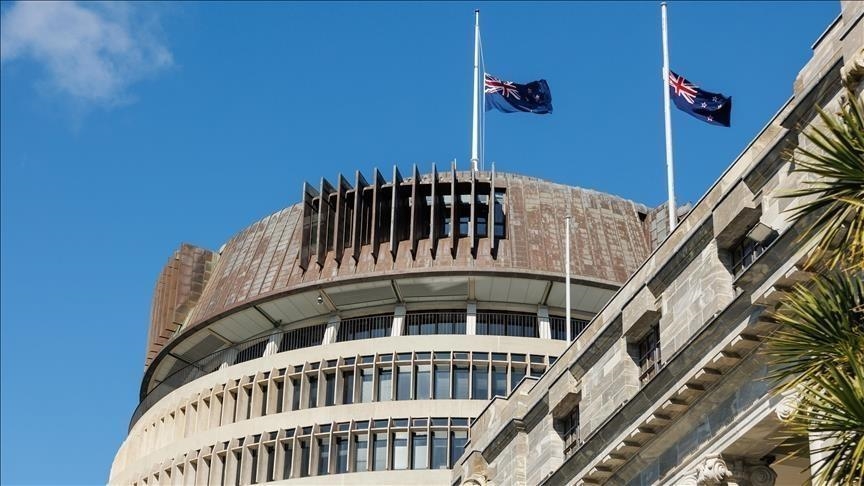US Posts Record 374 $ Billion Budget Deficit in 2003
The White House predicted a deficit of more than half a trillion dollars next year.
The Bush administration stressed, however, that the 2003 deficit was much smaller than the 455-billion-dollar budget gap it had predicted just three months ago.
"The improvement in our budget picture since our forecast last July is an encouraging sign that the economic recovery is gaining momentum," Office of Management and Budget director Joshua Bolton said.
"Although the deficit is still projected to increase in 2004 and will likely exceed 500 billion dollars even with the strengthening economy, we can put the deficit on a responsible downward path if we continue pro-growth economic policies and exercise responsible spending restraint," he said.
US government receipts had dropped to 1.782 trillion dollars in 2003 from 1.853 trillion dollars in 2002, the government said.
Individual income tax receipts plunged 64 billion dollars to 794 billion dollars. Corporate tax income tumbled 16 billion dollars to 132 billion dollars.
Critics have blamed Bush’s 350-billion-dollar tax cut package for fattening the deficit. But the administration says the cuts are needed to stimulate demand and fire up economic growth.
Government expenditure, meanwhile, surged to 2.157 trillion dollars from 2.011 trillion dollars.
Military spending leapt 57 billion dollars to 389 billion dollars in the year. Much of the military expenditure had been slower than anticipated, however, spilling more red ink into next year.
Homeland Security spending doubled to 32 billion dollars.
Expenditure on social security rose 19 billion dollars to 508 billion dollars, and spending on labor expanded five billion dollars to 69 billion dollars.
International aid spending rose about one billion dollars to 13 billion dollars.
Treasury Secretary John Snow celebrated the fact that the deficit was smaller than the White House had expected in July.
"Today’s budget numbers reinforce the indications we have seen for some months now: that the economy is well on the path to recovery," Snow said in the budget report.
"Increased consumer income and spending, a robust housing market, improved business spending — coupled with low inflation and low interest rates — all show we are heading in the right direction of an accelerating recovery," Snow said.
"As the economy grows, government revenues will go up, which will help keep the deficit under control."
Although the 2003 deficit was less than had been forecast by the White House, it was exactly in line with the 374-billion-dollar shortfall predicted by the bipartisan Congressional Budget Office on October 9.
The 2003 deficit was equal to 3.5 percent of annual US gross domestic product (GDP).
Other budget figures showed spending on education climbed 11 billion dollars to 57 billion dollars, and agriculture expenditure grew three billion dollars to 72 billion dollars.
But transportation spending dropped five billion dollars to 51 billion dollars. And Treasury Department expenditure fell four billion dollars to 367 billion dollars.


